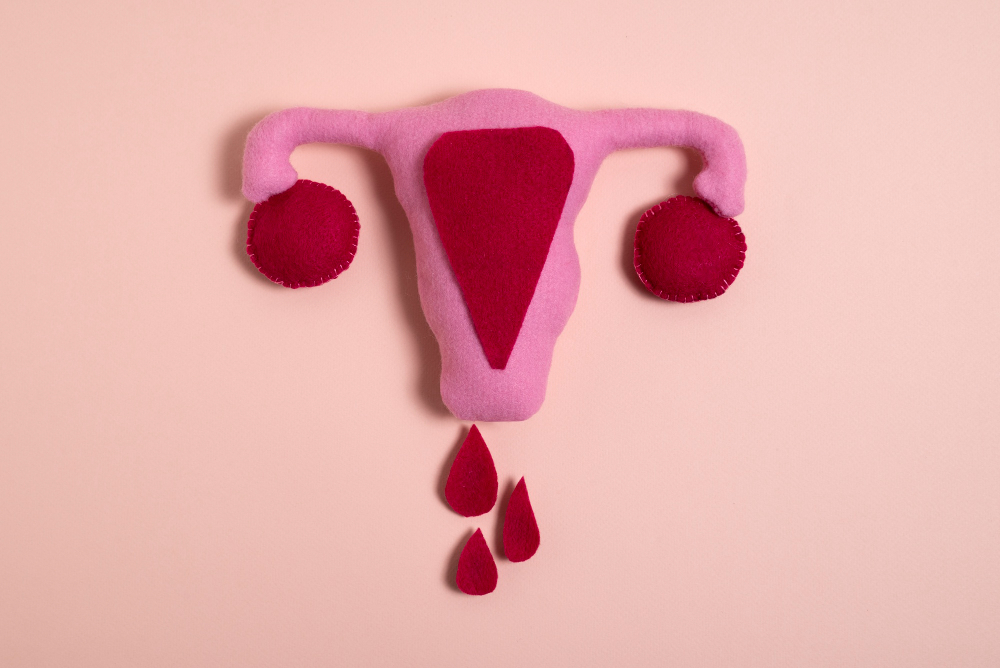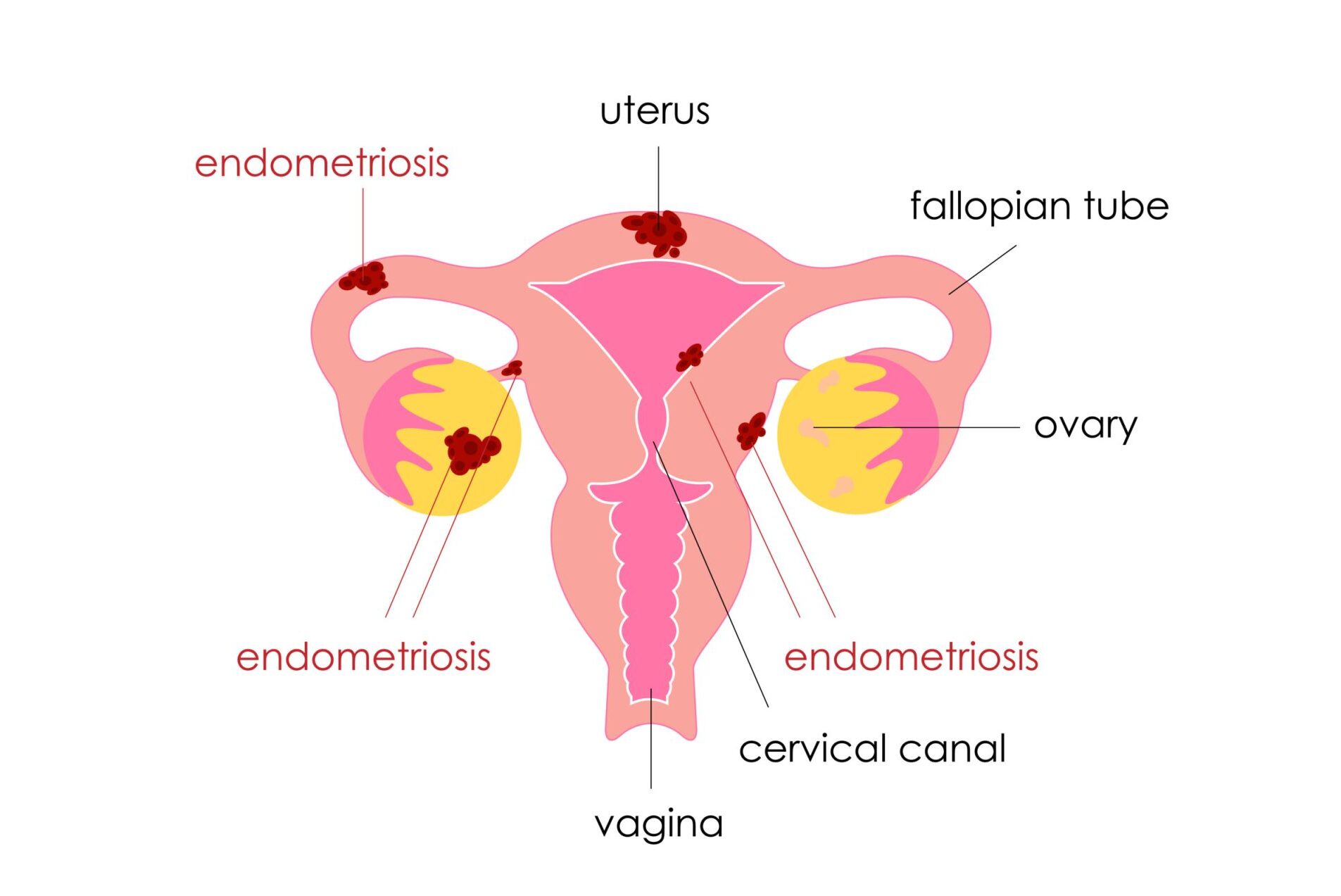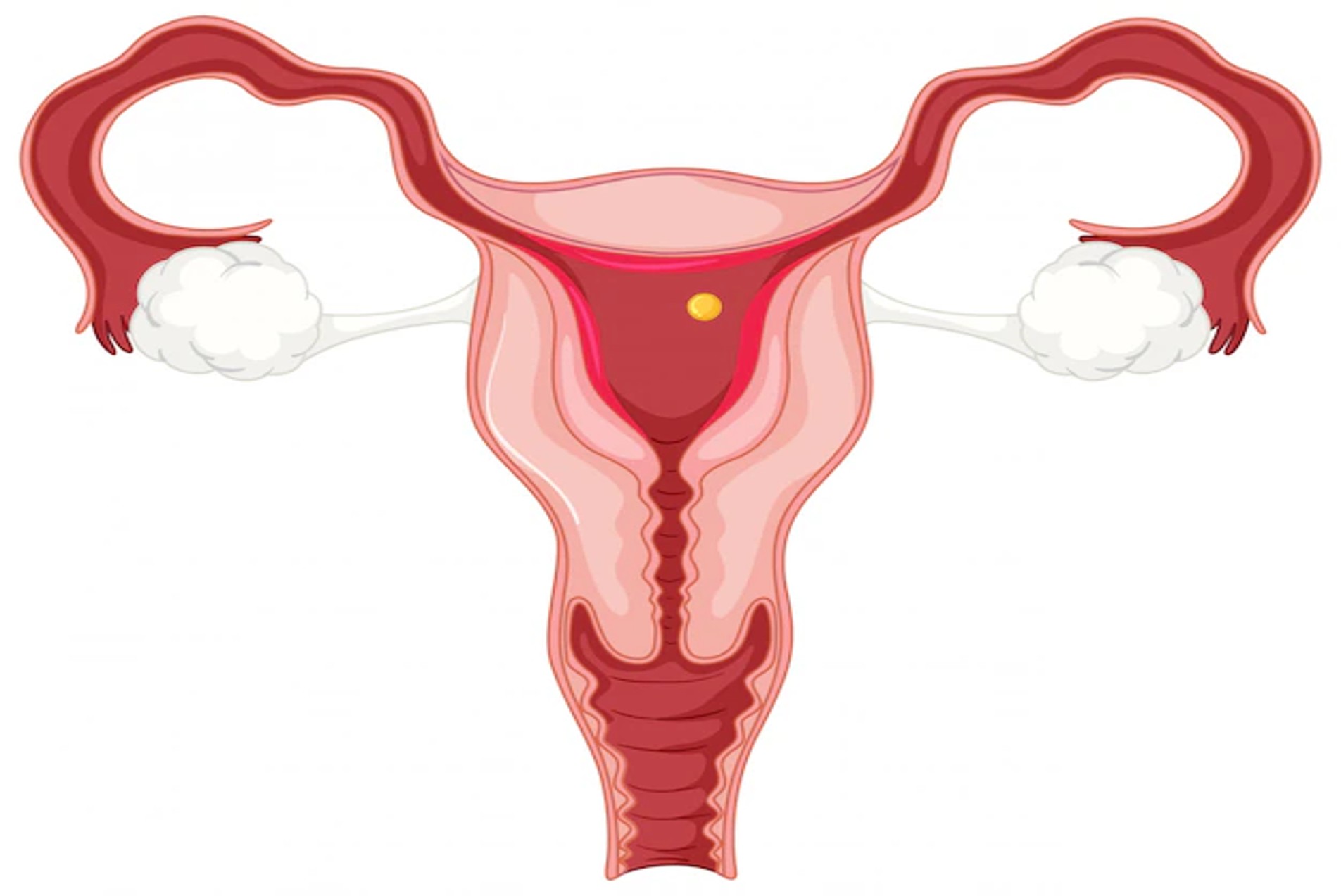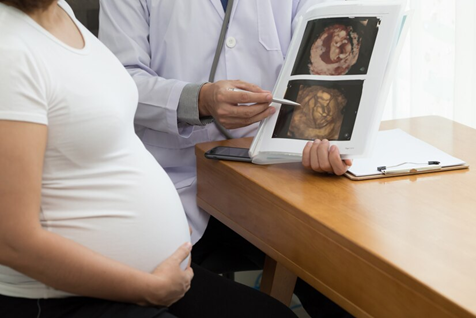
Understanding Preeclampsia: A Comprehensive Guide for Expecting Mothers
Preeclampsia is a severe pregnancy-related complication encountered by certain women during gestation. It is characterized by high blood pressure and

Dr. Nirmala A. Papalkar, MD, DNB (Obstetrics & Gynaecology), is a renowned Consultant Urogynecologist, Laparoscopic & Robotic Surgeon, with a focus on advancing urogynecological care globally. Her extensive expertise, augmented by a Postdoctoral Fellowship in Urogynaecology, enables her to address a wide spectrum of urogynecological conditions with precision and compassion.
Dr. Nirmala’s practice encompasses the management of various urogynecological issues, including urinary incontinence (such as overactive bladder and stress incontinence), challenges related to bladder emptying, recurrent urinary infections, pelvic pain, pelvic organ prolapse, female sexual dysfunction, fecal incontinence, perineal tears, diseases of the vulva, fibroids, endometriosis, and abnormal bleeding across all age groups.
Driven by a commitment to enhancing urogynecological practices worldwide, Dr. Nirmala is actively involved in initiatives aimed at bridging the gap between developed and developing regions. She endeavors to ensure that individuals in underserved areas have access to the same standard of care as those in more affluent regions.

Menstrual disorders are common among women of reproductive age and can significantly affect their quality of life. These disorders encompass a range of issues related to the menstrual cycle, including irregular periods, heavy bleeding, painful periods, and absence of menstruation.

Menopause is a natural biological process marking the end of a woman’s reproductive years. It typically occurs in the late 40s to early 50s and is characterized by the cessation of menstrual periods. While menopause is a normal part of aging, it can bring about various symptoms that impact a woman’s physical and emotional well-being.

Pelvic Inflammatory Disease (PID) is a common infection of the female reproductive organs, including the uterus, fallopian tubes, and ovaries. It is typically caused by sexually transmitted bacteria such as Chlamydia trachomatis or Neisseria gonorrhoeae. PID can lead to serious complications if left untreated, including infertility, ectopic pregnancy, and chronic pelvic pain.

Endometriosis is a chronic condition where tissue similar to the lining of the uterus (endometrium) grows outside the uterus, commonly on the ovaries, fallopian tubes, and pelvic organs. This condition affects millions of women worldwide and can cause significant pain and infertility.

Polycystic Ovary Syndrome (PCOS) is a common hormonal disorder affecting women of reproductive age, characterized by enlarged ovaries containing multiple small cysts. PCOS can lead to various symptoms and complications, including irregular menstrual cycles, infertility, and metabolic issues.

Uterine fibroids are noncancerous growths that develop in the uterus, affecting millions of women worldwide. While often asymptomatic, fibroids can cause various symptoms and complications, impacting a woman’s quality of life.

Preeclampsia is a severe pregnancy-related complication encountered by certain women during gestation. It is characterized by high blood pressure and

What Are Uterine Fibroids? It is also known as leiomyomas, which are non-cancerous growths of muscle and tissue that develop

What is IUGR? Intrauterine Growth Restriction (IUGR) means that a baby is growing slower than normal while in the womb.

A medical condition characterized by high blood pressure and elevated protein levels in the urine occurs soon after childbirth. This

It is characterized by recurrent or persistent urinary tract infections, lasting more than six weeks despite treatment. This blog provides

Pregnancy is a beautiful journey, but it can also bring unexpected challenges. Gestational diabetes mellitus (GDM) is a type of